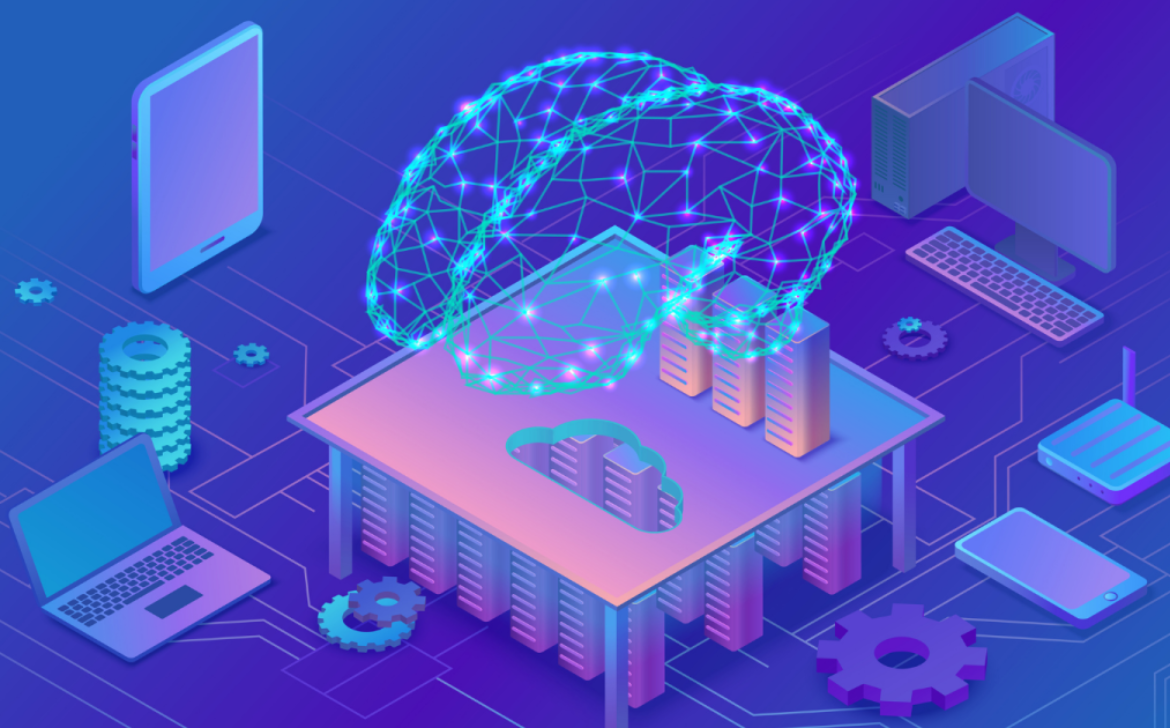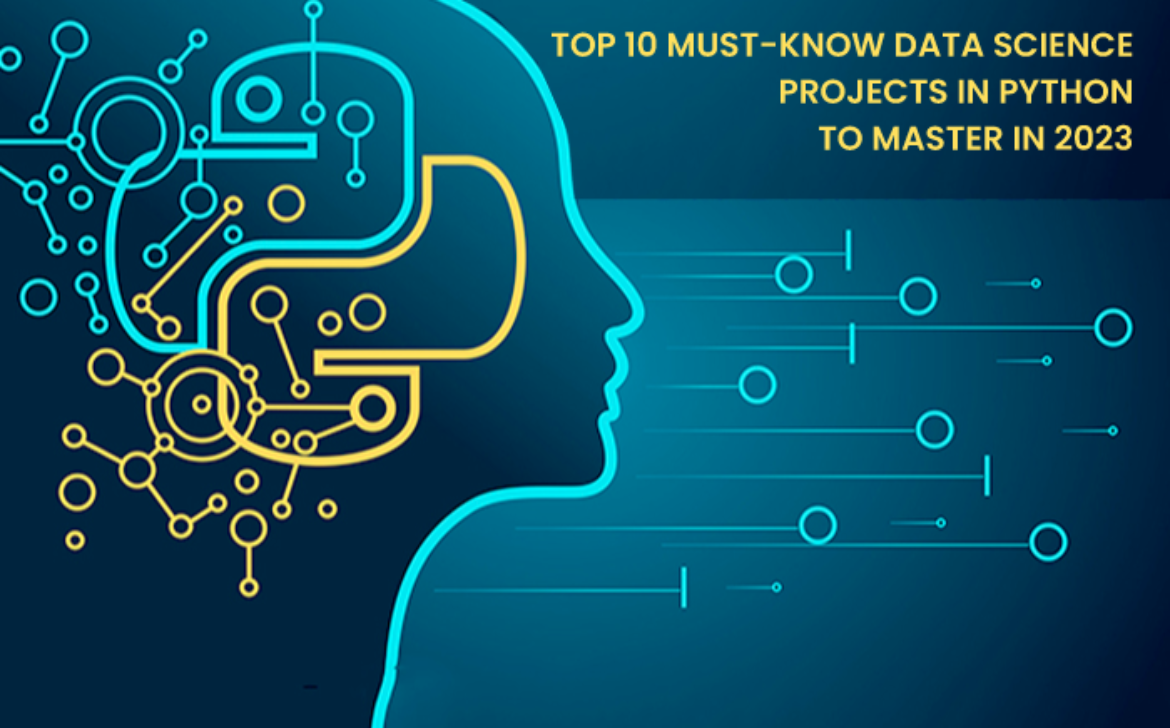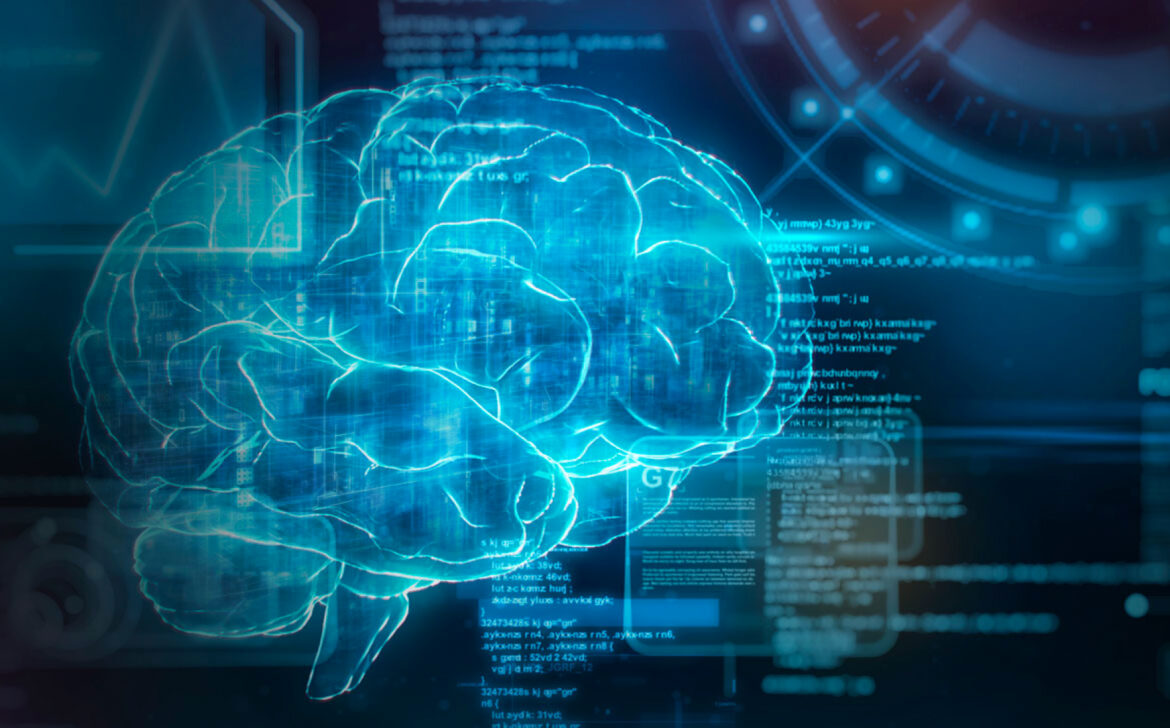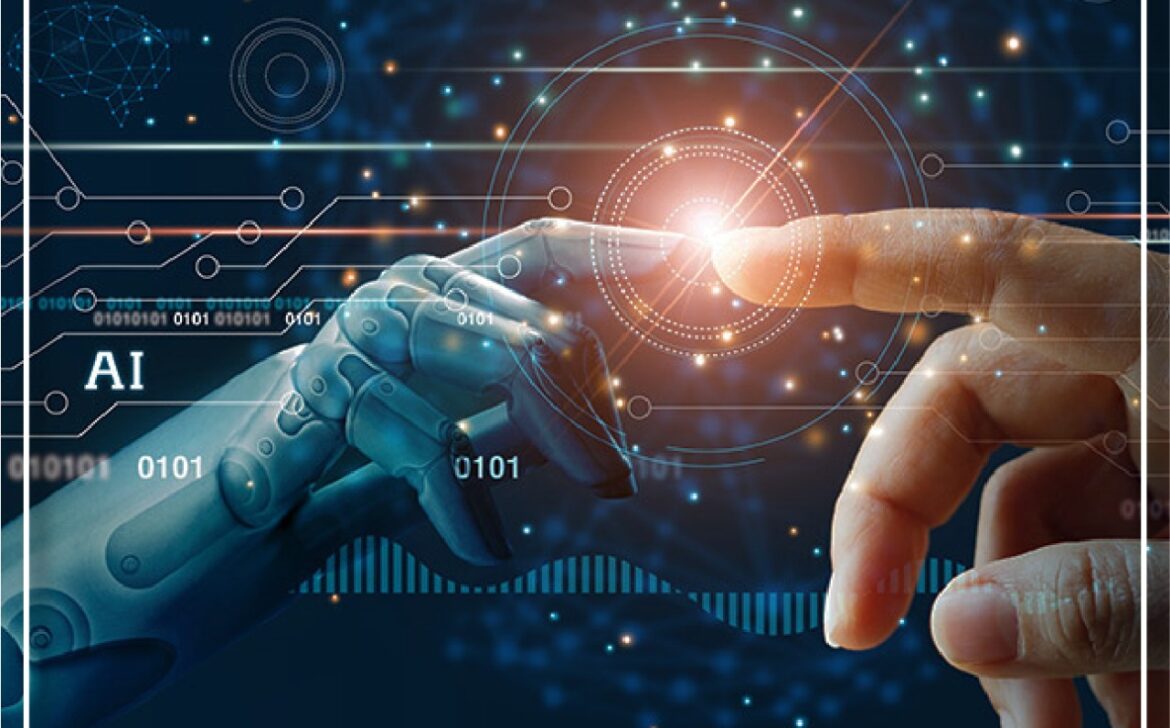Why Artificial Intelligence is the best career in India in 2023
Artificial Intelligence has been evolving at a breakneck speed due to numerous factors including India’s foremost place in internet ranking in internet adoption. Currently, it is one of the booming technologies everyone wants to pursue.
Huge technological advancements in the tech space over the decade created lakhs of jobs in India. As per the recent reports from Accenture, it is estimated that the growth of AI can contribute US $957 billion to India’s economy in the next 15 years.
AI has the potential to bring massive incremental value to various businesses, for example, manufacturing, Agriculture, energy, healthcare, and education. It does play an imperative role in generating jobs in all these businesses.
However, Indian IT companies have been following the maneuver that is an essential factor to be successful in technology adoption and advancement. The right skilling by Indian tech start-ups has a massive contribution to creating 2 lakh job opportunities in the tech space in 2022.
Indian tech start-ups experienced a 108% growth in 2018. However, the studies also disclosed that Artificial intelligence witnessed the fastest adoption compared to other distinct technologies.
It is anticipated that with the growing youth population in India, most businesses will be switching to this groundbreaking technology AI. Many hi-tech cities like Bangalore, Hyderabad, Delhi, and Mumbai are banking on Artificial intelligence because of its potential to reach a larger audience base.
A career in AI in 2023 & beyond
India has been lagging in terms of healthcare facilities, and less number of doctors are available. It’s an arduous task for the government to assure quality healthcare to its citizens.
However, AI is forecasted to aid India to a greater extent in facilitating better healthcare shortly.
Reputed tech giants like Microsoft are collaborating with startups to facilitate AI-based tools such as the 3Nethra that can detect eye issues. This is just an example, there have been so many projects under the pipeline for the healthcare sector. Hence, AI has the potential to transform the healthcare sector.
Artificial Intelligence to transform the Education sector
India is becoming the hub of Science, Math, Technology, and Engineering graduates. Tech giants such as Google, Microsoft, and Intel have been providing short-term education plans like internships, classroom training, and other initiatives to assist learners in AI programming.
Artificial Intelligence intends to enhance the Financial system
The world of finance and banking has transformed a lot with the significant adoption of Artificial Intelligence.
The future of finance completely relies on AI. This technology enables individuals to not only manage the flow of money, but they can also ameliorate the cash flow, and profitability, optimize compliance, and more.
Artificial Infrastructure to bring advancement in Infrastructure and Mobility
The ever-increasing population of hi-tech cities leading to a great challenge for India. AI is the ray of hope that could offer Smart infrastructure and mobility with civic tool systems. Further, the tools could help in assisting customer grievances, and appropriate repair, therefore enhancing the quality of living of migrators.
Artificial Intelligence to counter cyber threats
As technological advancements are increasing day by day, cyber threats have become more usual.
AI is already competing with ever-emerging malware. The significant advancement in the IT field makes AI inevitable to handle cyber threats. India is already working on Artificial Intelligence based cybersecurity tools at a rapid pace. Hence, this enables massive opportunities for aspirants who want to build their careers in AI.
Collectively, skilled AI engineers are in high demand, specifically, in India. The groundbreaking technology seems to be imperative when it comes to providing jobs for the future generation of India.
NearLearn is one of the popular Artificial Intelligence and Machine Learning training institute in Bangalore with 4.8 Google ratings. The institute has the best faculty, so if you’re the one who is looking out to pursue a career in AI, then NearLearn is the top choice.











